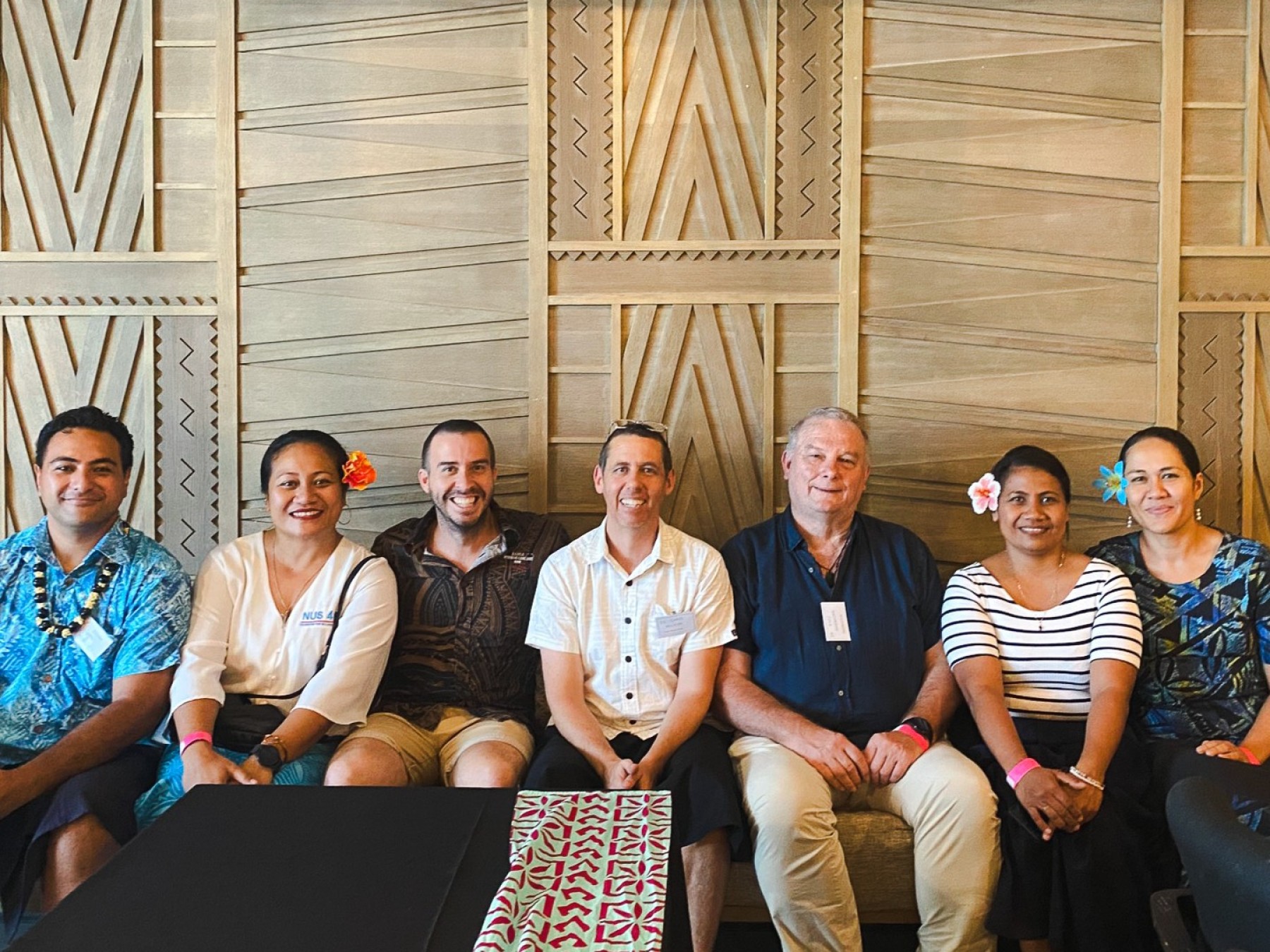The course was led by Dr Ross Freebairn, a senior ICU Consultant from Hawke’s Bay Hospital, with expert support from Dr Chris Poynter (Auckland, NZ) and Dr Gerard Moynihan (Sydney, Australia).
Ten medical officers and eighteen nurses participated in the training, all of whom provided positive feedback, noting that the course content was of value for their respective areas of work. Dr Cecilia Vaai-Bartley, Anaesthetic Registrar at Tupua Tamasese Meaole Hospital, highlighted the importance of the program.
"The BASIC training addresses the needs for doctors and nurses working within the intensive care and other acute care settings, in building on their knowledge on how to assess and care for critically ill patients.
"Samoa's healthcare will benefit immensely as it helps to upskill medical staff on the practical management of critically ill patients, not limited to the ICU but any healthcare setting where very sick patients are encountered and treated. This translates to improved outcomes for critically ill patients through earlier recognition and timely interventions."
The BASIC Training is the latest support from NZTMTS for Samoa's Intensive Care Unit and services, and was made more meaningful through the collaborative component of this delivery.
"Working collaboratively not only with organisations like PMA but also individuals like the intensivists that came over for BASIC, is very valuable and the Ministry of Health of Samoa can only benefit from these types of collaborations," shared Dr Vaai-Bartley.
"These relationships are strengthened and built up via these collaborations and they also continue even as staff change and move on which I think is important."
Made possible through funding by the New Zealand Ministry of Foreign Affairs and Trade, and the coordination by the Pasifika Medical Association Group, the NZMTS remains committed to supporting Samoa's aspirations strengthened capacity and coordination of Intensive Care.

